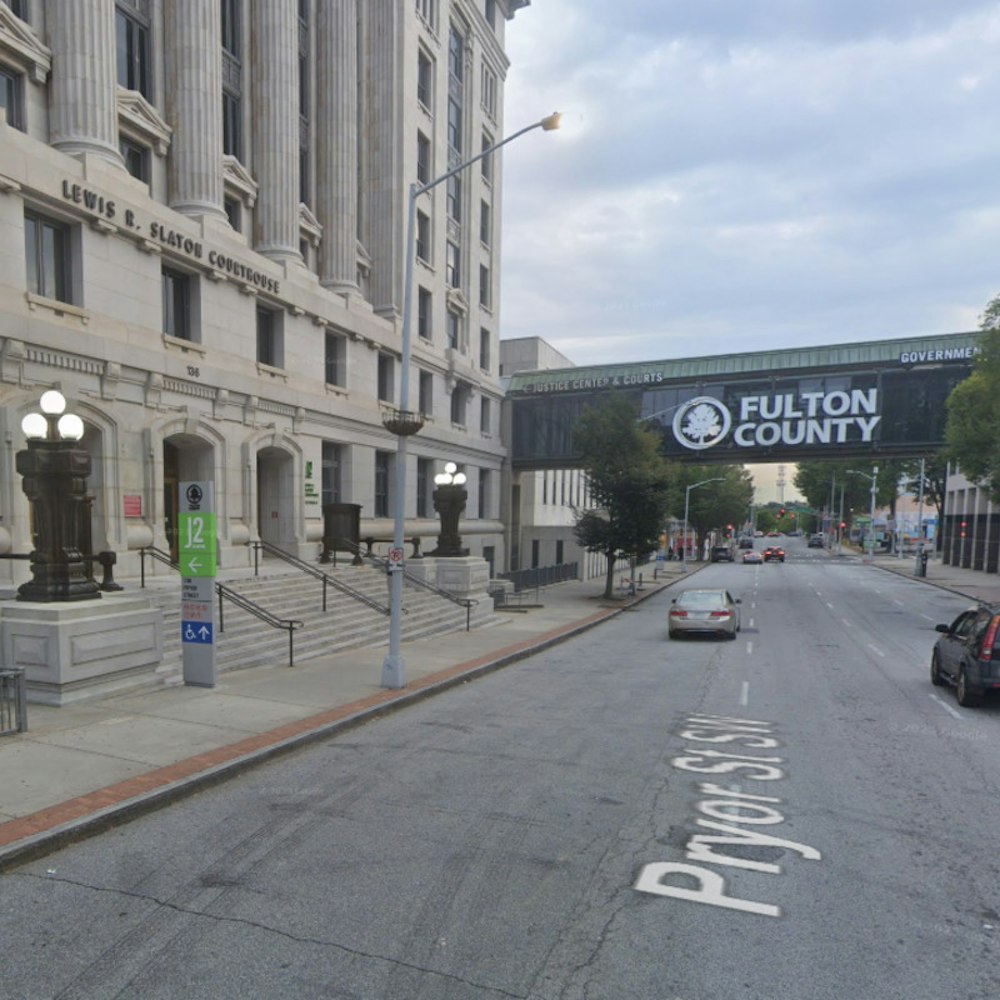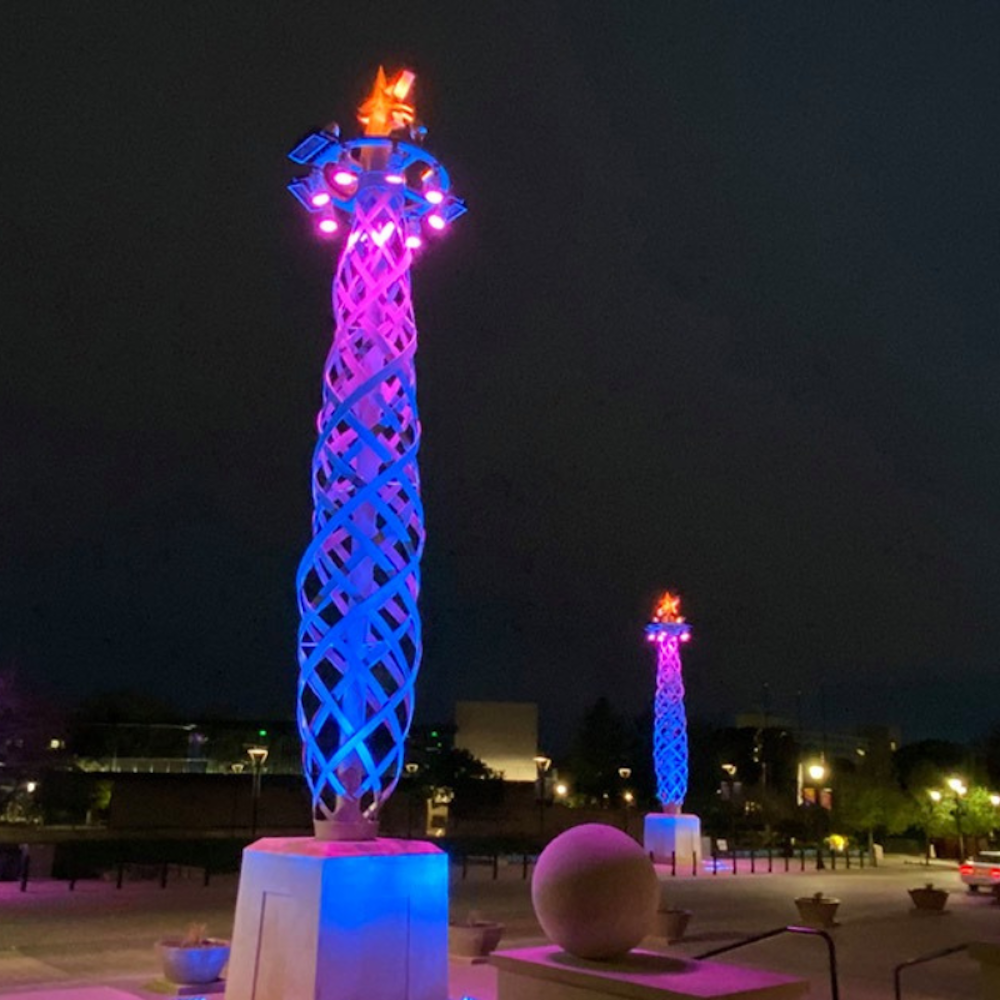
San Francisco isn't the only city grappling with invasive species. Knoxville is forging its own battle against nature's uninvited guests, equipped with a significant federal grant aimed at giving native flora a fighting chance. According to an announcement from the City of Knoxville, a sizable sum of $225,000 from the Inflation Reduction Act will fuel efforts to purge parks and greenways of aggressive alien plants such as bush honeysuckle and privet, which have a notorious reputation for overwhelming local ecosystems.
In a move that has both environmentalists and authorities on-board, the grant is expected to be a game-changer for Knoxville's green spaces. Kasey Krouse, Knoxville's Urban Forester, detailed the plan in an environmentally charged statement, emphasizing the dire need to clear a whopping 100 acres of invasive species. The perpetual encroachment of flora interlopers, Krouse laments, is choking the life out of potential successors to the city's proud arboreal heritage like dogwoods and sugar maples. Over a period of 4½ years, this ambitious intervention will enact a strategic one-two punch using professional horticulture crews followed by an army of volunteers.
The Ijams Nature Center, a part of this green initiative, is no stranger to the tyranny of more than 40 exotic species within its confines. Ben Nanny, the Conservation Director at Ijams, is all too aware of the current plight facing native species. "A hundred acres – that’s a really big number, and it represents tremendous progress," Nanny told the Knoxville News, expressing a blend of hope and urgency over the funded counteroffensive against botanical invaders.
The grant, part of the federal government's largest climate investment in U.S. history, is not just about greenery. Krouse anticipates a much-needed boost to local wildlife habitats, with the reduction of invasive plants paving the way for the renaissance of native varieties. "The invasive species work to outcompete our native vegetation," he stated, expressing distress over the impact on biodiversity, according to the Knoxville News. Last year's substantial $1.7 million awarded to Trees Knoxville for tree canopy improvement has set a precedent for further environmental investments in the urban landscape, with the University of Tennessee also receiving $2.6 million to address similar eco-concerns.
The bureaucratic gears are now turning as the city plans to gather volunteers and scout targeted locations for the eradication project scheduled to begin next year. Once the invasive species are driven back, Knoxville expects to see a bloom of warm-season grasses and hardwoods, contributing to a healthier, more diverse, and more resilient ecosystem. It's a win-win for the City of Knoxville, its parks, and, quite possibly, for the blueprint of urban conservation efforts nationwide.









